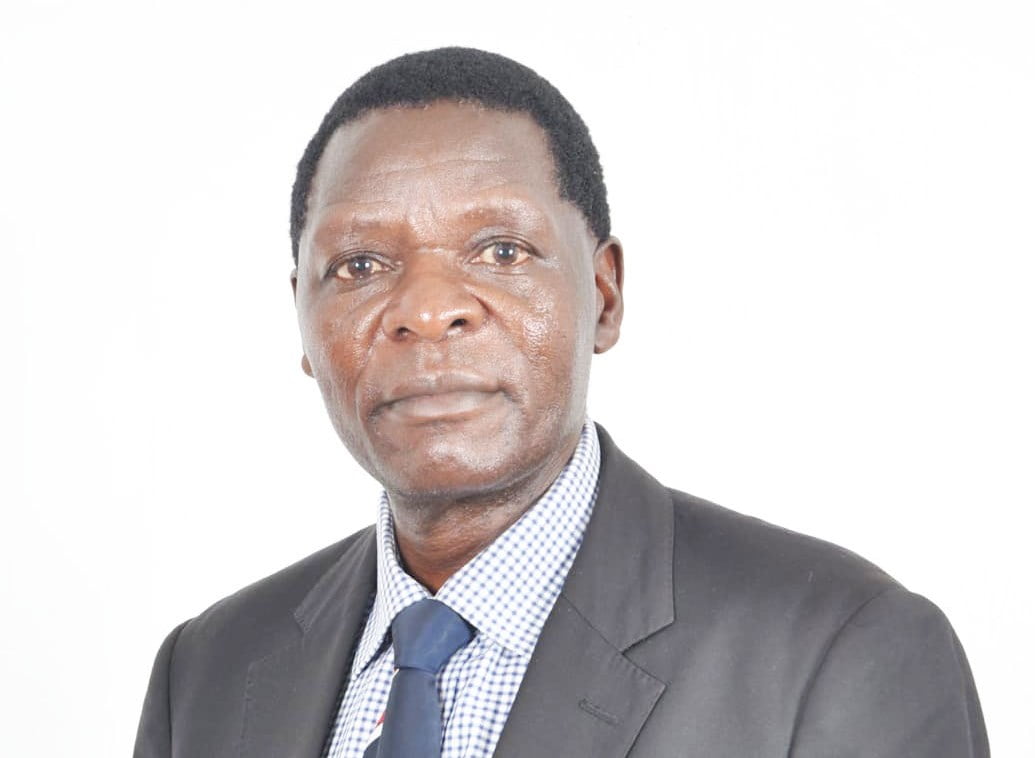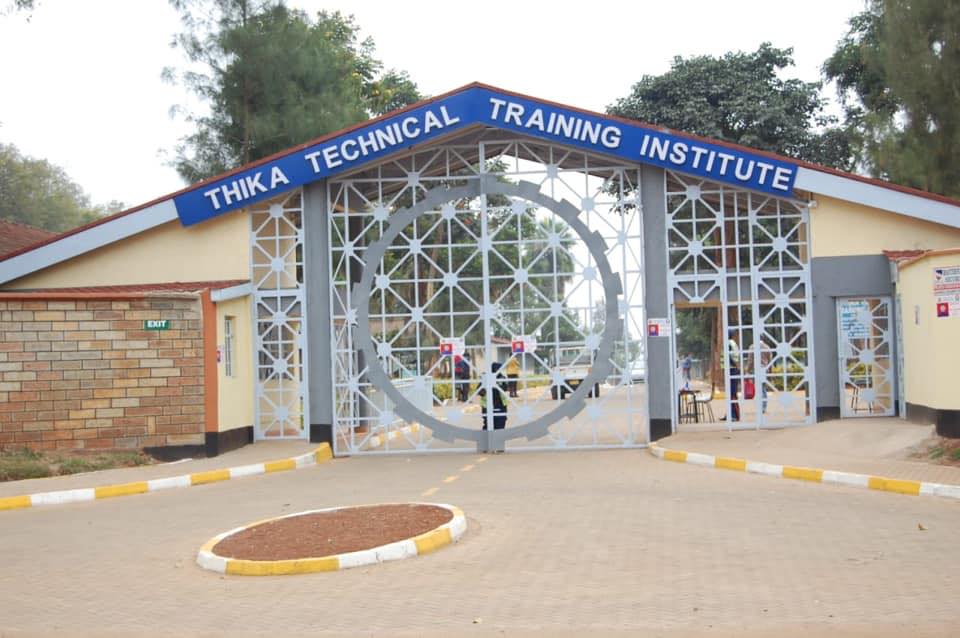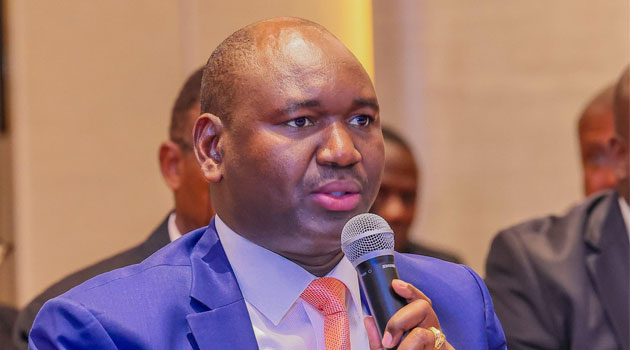The National Parents Association (NPA) has called upon the government to urgently form a taskforce to address challenges parents and children face in their interactions with schools, especially matters relating to the safety of the latter.
National Chairman David Silas Obuhatsa told Education News in a recent interview that they want the taskforce to carry out thorough investigations and establish causes of problems relating to parenting, including the recent incident of food poisoning at Sacred Heart Mukumu Girls’ High School in Kakamega that left three students dead.
“A taskforce is necessary because it will bring out a lot of hidden catastrophic issues in schools that end up causing harm,” said Obuhatsa.
According to him, among the issues that the taskforce will address is sending learners home for whatever reason without the knowledge of parents, perhaps referring to a recent incident where a student from Maranda High School died in a road accident after being sent home for fees.
Other matters are finding solutions to school heads holding KCSE and KCPE certificates despite the government ordering their release, and the extra payments that are levied without authority from the Ministry of Education (MoE).
He also wants the safety of infrastructure in schools examined, and wondered why parents are asked to buy reams of paper only to end up in bookshops in town.
The issue of Board of Management (BoM) teachers who sneak mobile phones into schools was also raised, as well as the suspect relationship between teachers and learners, non-teaching staff buying students food, and teachers harming children through crude methods of punishment.
Obuhatsa also wants the taskforce to investigate the matter of food in schools, saying quality is key and that children with special needs should be managed well.
“They (taskforce) should also inspect the quality and quantity of food and we need public health reports about the school inspections, not just about the kitchen, food storage and safety, but also about safety of toilets, water and dormitories,” said Obuhatsa.
The three students died at Mukumu Girls of suspected food poisoning, with food and water samples already taken for analysis at KEMRI laboratories. The school was closed indefinitely on April 3, 2023. Another died in the same school last year.
In less than a week, Butere Boys High School in the same county was also closed due to a disease outbreak, which is now being investigated after students complained of severe stomach ache and diarrhoea.
According to 2008 School Safety Manual, learners need to have access to safe and wholesome food for their proper physical and intellectual development.
There are a number of measures under the manual that ensure this, with the ministry, the public health department and the school community being charged with the responsibility of ensuring they have adequate safe storage facilities for food items.
In addition, school management committees should ensure that illegal hawking and vending of food to school children is prohibited since the safety of such food cannot be guaranteed.
Where the school has a feeding programme provided by an outsider, the quality of food must be inspected on a regular basis. School administrators must ensure that food purchased for children is in good condition, and fresh and safe for human consumption.
Other measures are protection of food from rodents, insects and bacterial contamination, and ensuring that the areas where food is prepared, including tables where food is chopped or served, are clean at all times.
In a fact-finding mission to Mukumu Girls on April 5, 2023, where both Health Cabinet Secretary (CS) Susan Nakhumicha and Basic Education Principal Secretary (PS) Dr. Belio Kipsang visited to establish what might have caused the contamination, the CS was disappointed at how dirty the school kitchen was.
Obuhatsa urged the government to extend a hand of support to NPA to be able to train school BoMs on crucial matters that invite their attention.
He noted that boards should be trained on parental empowerment and engagement to strengthen school structures and community relationship, support learning at home and school, and understand proper school governance procedures.
If established, it will not be the first time a taskforce is formed after some crises in schools. Previous investigations centred on incidents of devil and cult worship in our institutions of basic learning in 1995.
There were others like the inquiry into the education system chaired by Dr. Davy Koech in 1999, the taskforce on student indiscipline and unrest in secondary schools of 2001 chaired by Director of Education Naomi Wangai, and the inquiry into students unrest and strikes in secondary schools by the Parliamentary Committee on Education, Research and Technology, then chaired by legislator David Koech in 2008.
By Roy Hezron
Get more stories from our website: Education News
You can also follow our social media pages on Twitter: Education News KE and Facebook: Education News Newspaper for timely updates.






